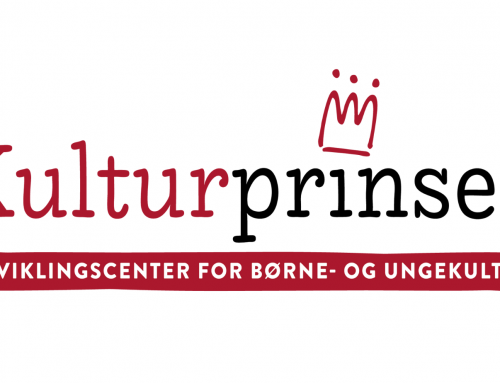Last week, Kulturprinsen participated in KL's Children and Youth Summit. We are pleased that well-being among children and young people is finally more and more important and that educational leadership is in the spotlight. Because a different focus is a necessity, as more and more children and young people have difficulties and do not thrive in kindergarten, at school or in their free time. This calls for solutions that both strengthen broad and inclusive communities and ensure engaging opportunities for children and young people who need different settings and opportunities.
One of the things we noticed in the presentations and panel discussions at the Children and Youth Summit was the strong focus on the fact that the crisis of deprivation has many subtitles. Because it is about challenges such as loneliness, the pace of the times, the culture of perfection and the pressure to perform. Among many good points from the competent presentations, we would like to highlight the following:
Thomas Gyldal Petersen, chairman of KL's Children and Education Committee, believes that education and training can be a lever in a time of community crisis. We are curious to see how the government will take up the 10 proposals for greater well-being among children and young people that KL has just sent to the government.
According to psychologist Svend Brinkmann, society has become increasingly psychologised and individualised, with children and young people constantly having to optimise and relate to themselves. We welcome Svend Brinkmann's call for a higher level of educational thinking with a shared humanity, where children and young people can have 'a break from themselves'.
Lene Tanggaard, principal of the Design School in Kolding, calls for something similar when we want to create a strong primary school with engagement, curiosity and self-discovery as the basis for learning. We must create a school with pedagogical spaces with living practice and so-called learning forgetfulness, because when you are absorbed, great learning happens.
Here, Kulturprinsens experiences point to arts and culture as the framework and content of the performance-free spaces, where children and young people can become absorbed in the present, forget about having to perform or fit into a certain jargon, and where they can experience and be part of an equal community with room for diversity. A space where schools also have the courage to inspire and enable children and young people to embark on games, activities and projects without feeling limited by what others might think of them - or worse, post about them on SoMe.
